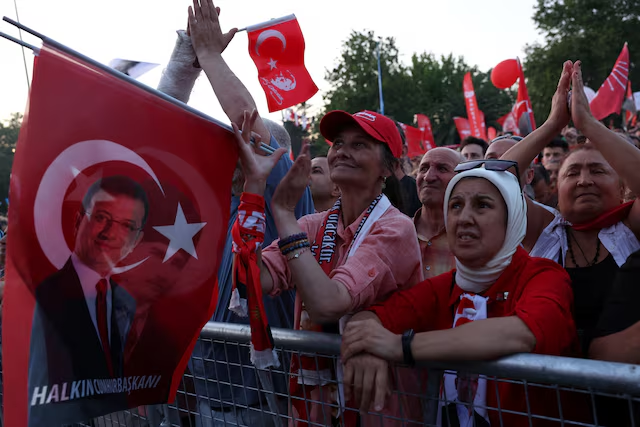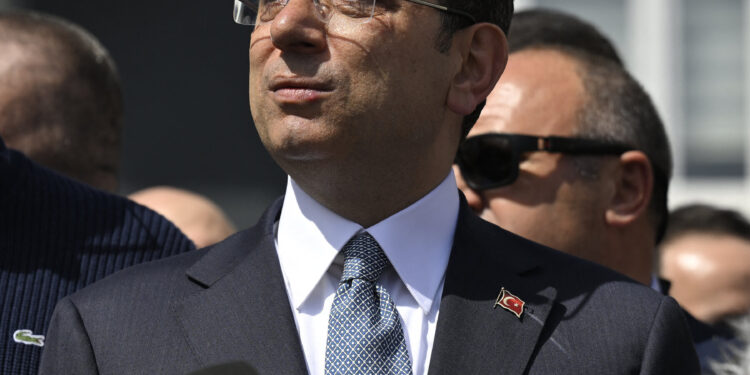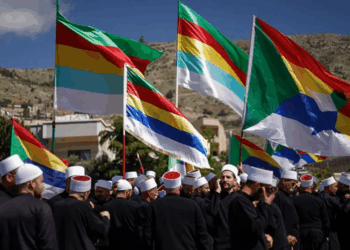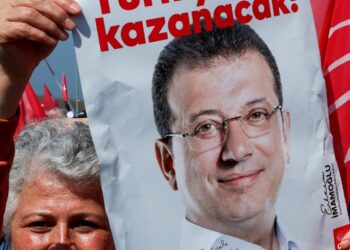In a dramatic escalation of legal pressure on Turkey’s political opposition, Turkish prosecutors have filed new charges against Istanbul Mayor Ekrem Imamoglu, accusing him of falsifying his university diploma — a move that could add nearly nine more years to his prison sentence if convicted.

The charges come as Imamoglu, considered President Tayyip Erdogan’s most formidable political rival, remains in detention on separate corruption allegations that he has strongly denied. The Republican People’s Party (CHP), Turkey’s main opposition force, has described both sets of charges as politically motivated efforts to sideline Imamoglu and shield Erdogan’s hold on power.
According to Milliyet newspaper, which first reported the development, prosecutors are seeking a sentence of eight years and nine months related to the diploma forgery charges. Reuters said it was unable to immediately obtain the official indictment for review.
Timeline of Events
-
On March 18, Istanbul University announced it had revoked Imamoglu’s diploma following a controversial internal review.
-
Just one day later, on March 19, Imamoglu was detained on corruption charges that stem from his tenure as mayor.
-
On March 23, he was formally jailed pending trial, triggering the largest public protests in Turkey in over a decade.
The combination of these charges has raised serious concerns among rights groups, opposition leaders, and international observers who argue that the judiciary is being used to suppress democratic opposition.
Reactions and Political Fallout
The government has firmly denied that the legal proceedings are politically driven. However, critics argue the timing and nature of the charges — especially those surrounding the diploma — appear designed to eliminate Imamoglu from any future presidential bid.
Imamoglu is widely viewed as the most credible challenger to Erdogan, especially after his resounding victory in the 2024 Istanbul mayoral race, where he defeated a candidate from Erdogan’s ruling AK Party by a wide margin.
“These charges are clearly a continuation of efforts to undermine the democratic process and silence a rising political star,” said a senior CHP official in a press briefing.
“The people chose Imamoglu. These courtrooms cannot overturn that.”
International reactions have also started to mount. Several European Union officials and human rights organizations have condemned the move as an attack on Turkey’s already fragile democratic institutions.
What Comes Next?
Imamoglu is expected to stand trial in the coming months, though no official date has been confirmed for either the corruption or diploma forgery cases. If convicted on both fronts, he could face well over a decade in prison, effectively ending his political career.
Observers warn that Imamoglu’s detention and legal challenges could spark renewed unrest in major Turkish cities and deepen the political divide in a country already grappling with inflation, currency devaluation, and geopolitical tensions.
Desert Feed will continue to monitor developments on this case, public reactions, and its implications for Turkey’s political future.






